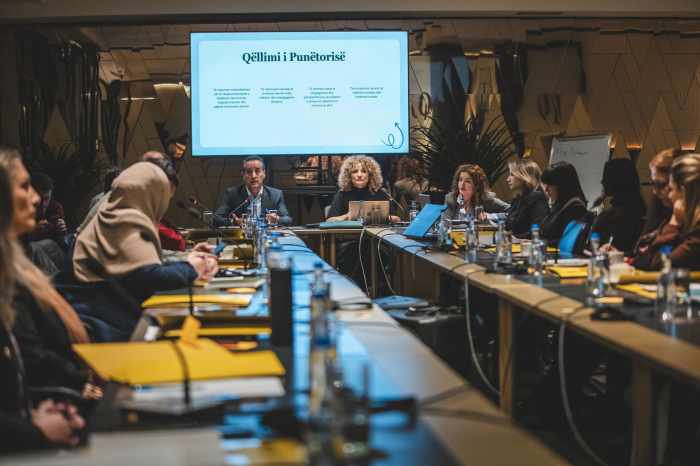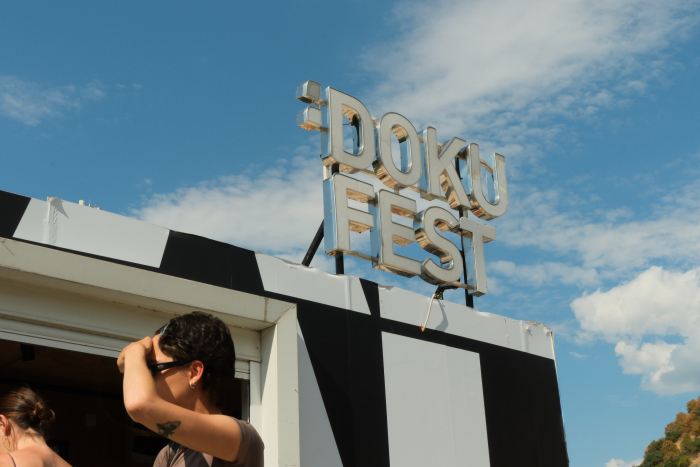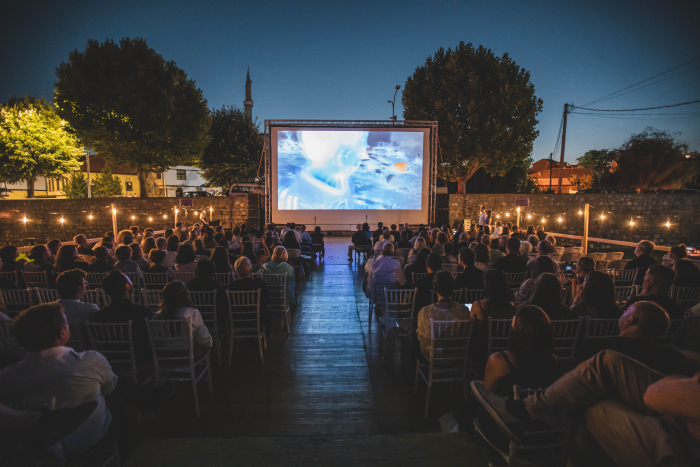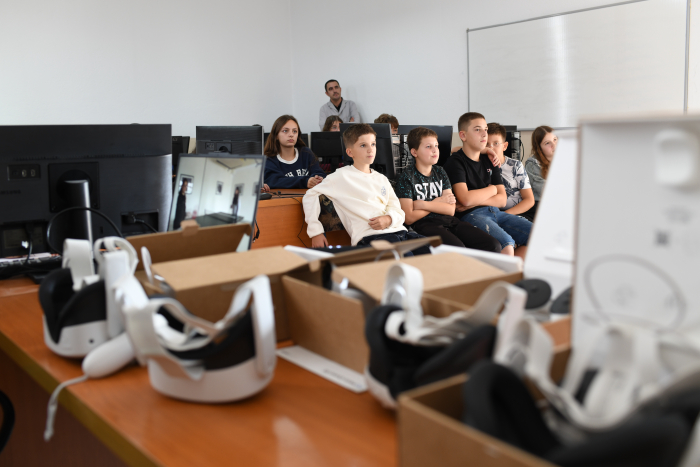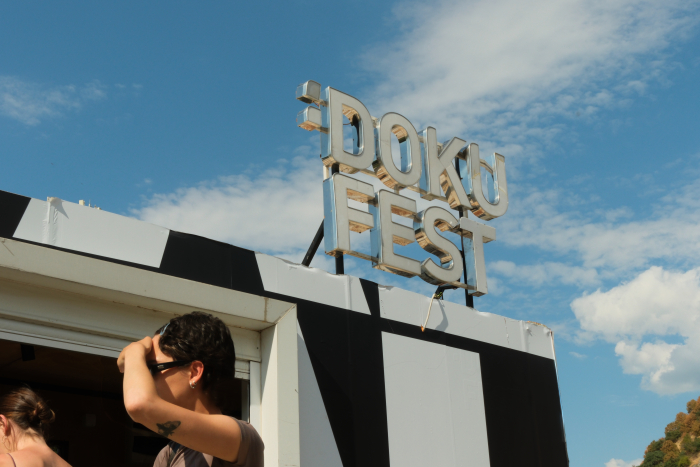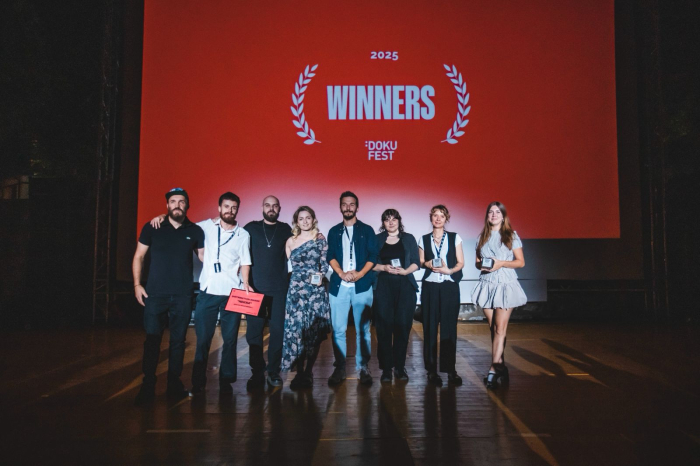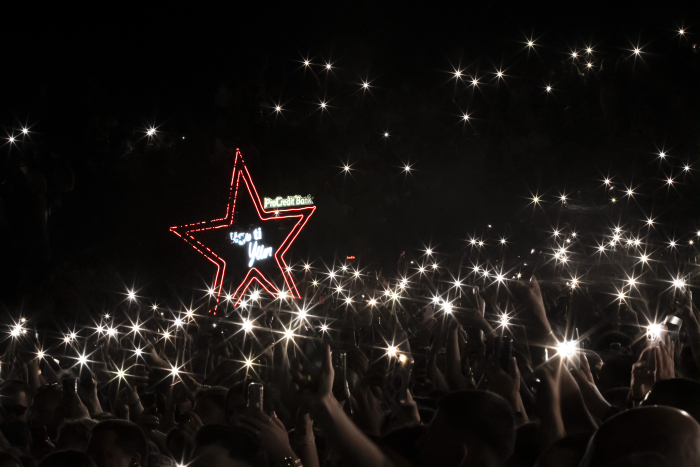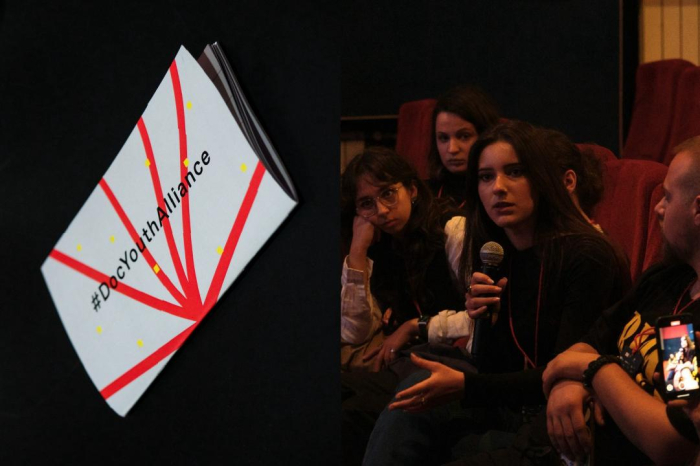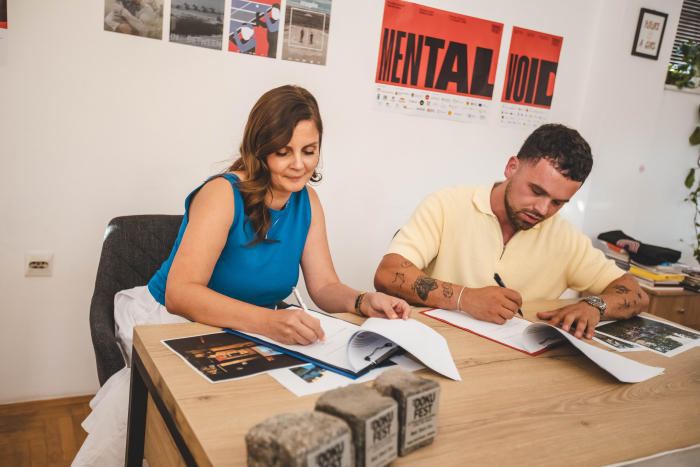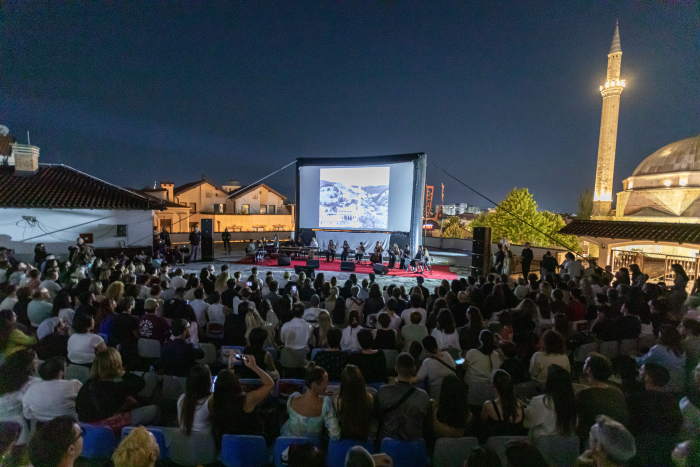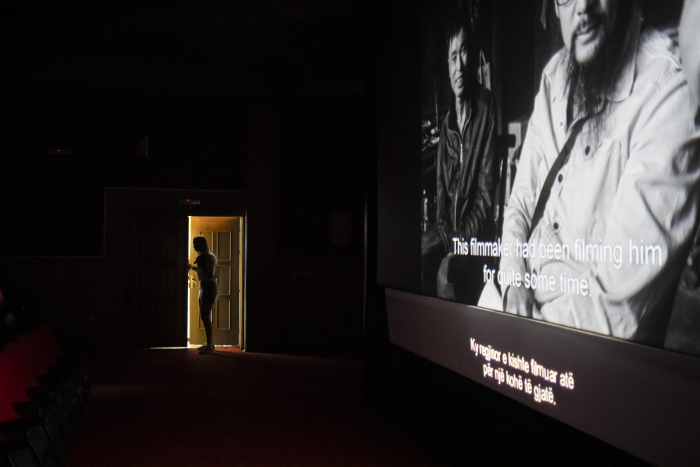July 17, 2021
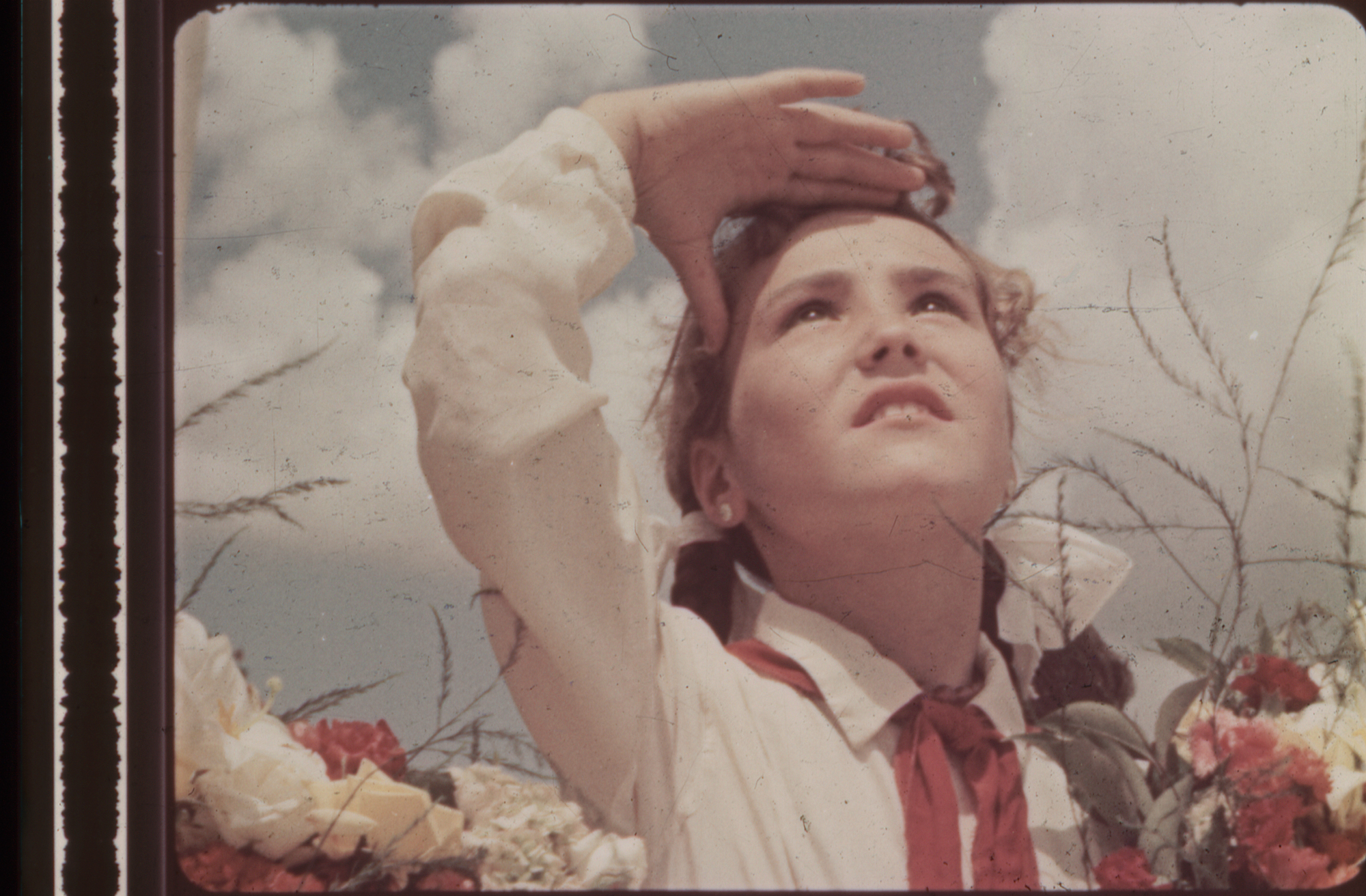
At one time, for much of the world, Albania was a country as mysterious and unknown as the surface of the moon.
The trickle of foreign journalists and tourists who managed to get inside the Marxist dictatorship were escorted on carefully monitored tours. These travelers who wrote about their experiences in Albania always noted its fierce isolation, its rigid Marxism and the thousands of concrete defense bunkers that dotted the countryside. Albania’s Nobel-nominated novelist, Ismail Kadare referred to this traumatic time in his country’s 20th century history as one of, “ever greater firmness, of never letting up.”
From the time its communist leader Enver Hoxha (1908-1985) came to power in 1944 to the collapse of the socialist system in 1992, Albania was a strict dictatorship that banned all religious practice, the watching of foreign television programs and even the giving of Muslim or Christian names to children.
Film director Werner Herzog was so fascinated by Albania’s siege mentality that he walked the entire length of its closed borders, lined with barbed wire and electric fences, keeping a diary of whatever he could glimpse inside.
Even after the fall of the communist regime in 1992, though many of the moving images were protected and preserved in the vaults of the Albanian National Film Archive, few of the newsreels and documentaries from the complex and intense Hoxha era have been screened in festivals or retrospectives.
For the 20th edition of DokuFest, we present a collaboration with the Albanian National Film Archive for a program titled IMAGES FROM THE SIEGE – A NEWSREEL HISTORY OF COMMUNIST ALBANIA. A four-hour selection, featuring thirteen newsreels, short and medium length docs, this program chronicles four and half decades of Albanian political and cultural life with films produced by its Kinostudio.
Beginning with the Russian-produced doc, SHQIPËRIA (Albania) (1945) directed by the famed documentarian Roman Karmen, the series charts Albania’s early alliance with the Soviet Union then its unexpected switch to close ties with Maoist China.
Along this vivid, non-fiction journey, we see a mosaic of chilling totalitarian show trials, military parades and the cult of Enver Hoxha in full flourish at his 1985 state funeral. The final portion of the program concludes with the massive popular demonstrations in the 1990’s that signaled the end of Albania’s one-party system.
DokuFest will also present a photo exhibition of never-before-seen still black and white images taken during a 1972 visit to Albania by the acclaimed Kosovar actor Bekim Fehmiu (1936-2010). The recently discovered photos capture Fehmiu’s rare trip along with Albanian personalities such as the writer Ismail Kadare and film director Dhimitër Anagnosti. Born in Sarajevo, Fehmiu grew up in Prizren which makes the premiere presentation of these photos such a special event. In 1967, Fehmiu attained international fame after appearing in the Cannes-winning Yugoslav fiction feature, I EVEN MET HAPPY GYPSIES.
IMAGES FROM THE SIEGE – A NEWSREEL HISTORY OF COMMUNIST ALBANIA is curated by Iris Elezi, a filmmaker and currently the director of the Albanian National Film Archive and the Albanian-American filmmaker Thomas Logoreci.
PROGRAMME:
- SHQIPËRIA (1945), dir. Roman Karmen
- URIME SHOKË STUDENTË! (1955), dir. Viktor Stratoberdha
- KINOREPORTAZH NR. 1 (1959), dir. Endri Keko
- PING PONG (1971), dir. Agim Fortuzi, Ilia Terpini
- BEKIM FEHMIU NË SHQIPËRI (1972), dir. Vitori Celi
PROGRAM 2
- NË FESTIVALIN E 11 TË KËNGËS (1973), dir. Donika Muci
- PËRJETSI (1974), dir. Dhimiter Anagnosti
- GJYQI KUNDËR TË DEKLASUARVE NGA POSHNJA BERAT 6-7 JANAR 1978 (1978), dir. Abaz Hoxha
- NË UDHËT E VITET 2010 (1981), dir. Esat Musliu
PROGRAM 3
- DHIMBJE E THELLË, BETIM I MADH (1985), dir. Halil Kamberi, Kujtim Gjonaj, Viktor Gjika
PROGRAM 4
- ALBAFILM (1991), dir. Petrit Beci
- SHEMBJA E IDHUJVE (1993), Kujtim Gjonaj
- TINGUJ TË ZJARRTË (1991), dir. Ardian Murraj
